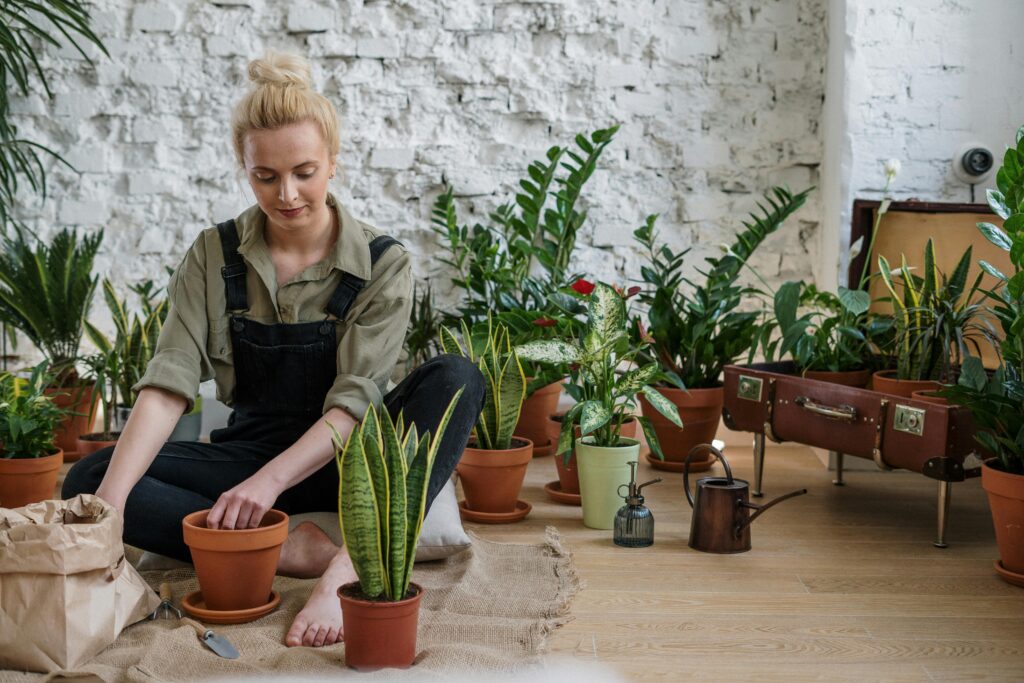Yes, indoor herb gardens do need sunlight to thrive. Most herbs require at least 6 hours of sunlight per day to grow well. If you don’t have access to natural sunlight, you can use grow lights to provide the necessary light for your indoor herbs.
Either place herbs in a sunny location, for example, near a window with a southern exposure, or place herbs 6 to 12 inches from two 40 watt, cool white fluorescent bulbs for 14 to 16 hours.
Indoor herb gardens need sunlight because sunlight is essential for photosynthesis, the process by which plants convert light energy into chemical energy to fuel their growth. Sunlight provides the necessary energy for plants to produce sugars, which are essential for their growth and development. Without sufficient sunlight, herbs grown indoors may become leggy, pale in color, and have weak flavor. While artificial grow lights can supplement natural sunlight, they often cannot fully replicate the full spectrum of light provided by the sun, making sunlight the ideal source for indoor herb growth.
Sunlight is crucial for herb gardens for several reasons:
1. Photosynthesis: Sunlight provides the energy needed for photosynthesis, the process by which plants convert light into energy, allowing them to grow and produce nutrients.
2. Nutrient production: Sunlight helps herbs produce essential nutrients, such as carbohydrates, which are vital for their growth and development.
3. Flavor development: Sunlight influences the flavor compounds in herbs, leading to richer and more aromatic flavors.
4. Stem and leaf growth: Sunlight stimulates stem and leaf growth, promoting healthy foliage and overall plant vigor.
5. Photosensitive compounds: Some herbs, like basil, produce compounds such as essential oils that contribute to their flavor and aroma. Sunlight helps stimulate the production of these compounds.
6. Resilience to pests and diseases: Sunlight exposure can improve the plant’s ability to defend itself against pests and diseases, leading to healthier herb plants.
7. Regulation of biological processes: Sunlight helps regulate biological processes within the plant, such as flowering and fruiting, ensuring proper development and reproduction.
8. Chlorophyll production: Sunlight is necessary for the production of chlorophyll, the green pigment responsible for capturing light energy during photosynthesis.
9. Overall plant health: Adequate sunlight promotes strong, sturdy plants with vibrant green leaves, indicating good health and vitality.
10. Emotional well-being: Sunlight exposure can positively impact human mood and mental health, making indoor herb gardens a more enjoyable and uplifting experience for gardeners.
In summary, sunlight plays a crucial role in the growth, flavor development, and overall health of herb gardens, making it essential for their success.

